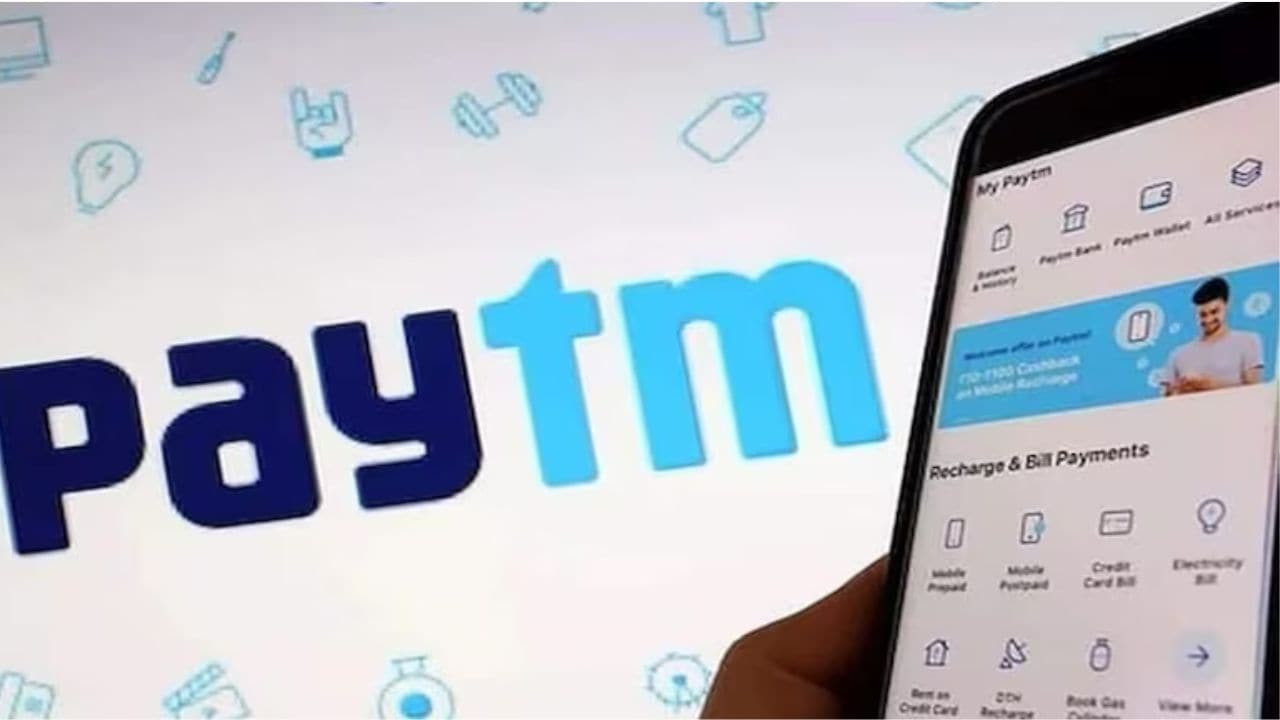Since January 31, when the Reserve Bank of India clamped down on the operations of Paytm Payments Bank which would become effective after February 29, newer revelations have resurfaced in the Paytm crisis.
Vijay Shekhar Sharma, founder of Paytm and part-time chairman Paytm Payments Bank, considered resigning from the bank’s board. Sharma also had thoughts to remove the name ‘Paytm’ from Paytm Payments Bank.
These discussions took place in late 2023. Sharma owns 51 percent of Payments Bank and the rest is owned by One97 Communications, parent company of fintech company Paytm and the app.
Two of its independent directors have resigned from its board, in the midst of the crisis. Shinjini Kumar, former Bank of America and PricewaterhouseCoopers (PwC) executive, resigned from the company’s board in December, as per reports. Kumar also served as the chief executive of Paytm Payments Bank from 2016-2017. She is currently the co-founder of Salt, a financial services platform for women.
Manju Agarwal resigned from Paytm Payments Bank, just days after the fintech company had restrictions imposed on its operations by Reserve Bank India (RBI).
One97 Communications, which owns Paytm, has received support from merchants, and the company assured them of continuity of services without any disruption, Paytm said in a blog it published on Sunday. “We assure our users and merchant partners that the Paytm app and services continue to operate at full capacity. In instances, where our associate Paytm Payments Bank acts as a back-end bank, we can seamlessly transition these services to other partner banks. This ensures that our merchant partners face no disruptions, no need to revisit existing setups, and no additional effort,” the blog said. Paytm said its merchant partners can continue to benefit from solutions like Paytm QR codes, Soundbox, and card machines, just as before.
Read More: Crisis-hit Paytm working on solutions; to operate as third-party app for UPI
